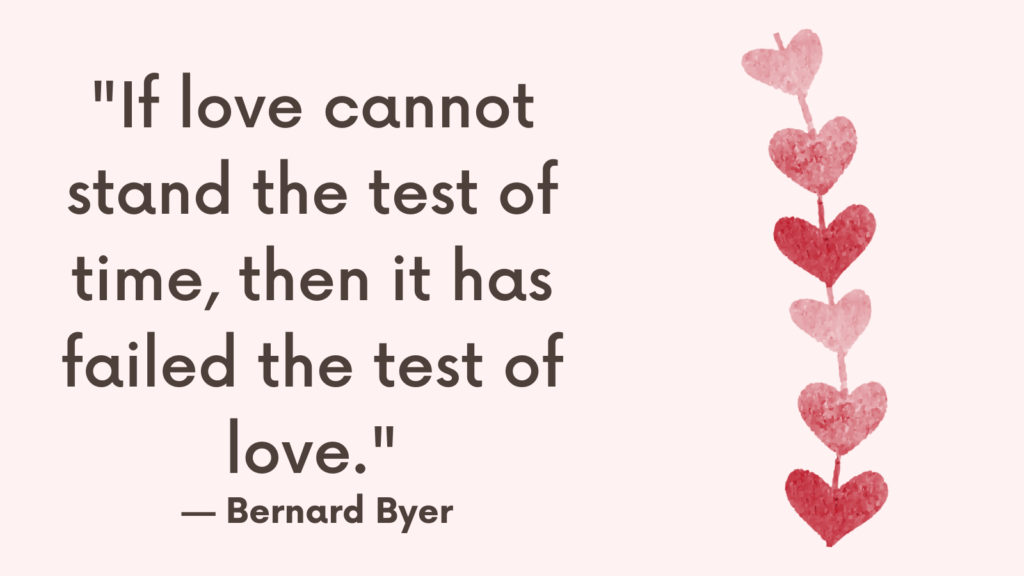In this post, you’re going to learn how to reconnect after a fight.
Why Disconnection Feels So Heavy After Conflict
Your Nervous System Interprets Conflict as Threat
Arguments can trigger fight, flight, or freeze. Afterward, your body may stay in survival mode — making reconnection feel risky.
You’re Protecting Your Position
When you feel misunderstood, you may cling to being “right” as a form of emotional self-defense. But connection requires humility — not control.
Shame and Vulnerability Get in the Way
You may feel guilty, overwhelmed, or afraid to re-approach. The longer you wait, the harder it feels.
What Emotional Repair Actually Requires
- Accountability without self-blame
- Listening without preparing to defend
- Curiosity without control
- Validation without fixing
- Boundaries without shutdown
Reconnection doesn’t mean one person surrenders. It means both people come back to the table — not to be right, but to be real.
How to Reconnect After a Fight?
Conflicts, while often challenging, can also provide opportunities for growth and deeper understanding between partners.
Reconnecting after a fight is a critical process for maintaining the health and longevity of any relationship.
1. Accept the Conflict
Recognize that conflicts are a natural part of relationships.
Accepting that you’ve had a disagreement is the first step towards reconciliation.
2. Reflect on the Experience
Take some time to reflect on the argument.
Consider what was said, how it made you feel, and what it revealed about your needs and expectations within the relationship.
3. Choose the Right Moment
Timing is crucial. Wait until both of you have cooled down and are in a more receptive state of mind.
Related: I Can’t Talk To My Husband without Him Getting Angry: Top 8 Things to Do
4. Extend an Olive Branch
Sometimes, making the first move towards reconciliation can be powerful.
This could be a simple gesture, like a kind text or a note, indicating you’re ready to talk.
5. Express Willingness to Talk
Let your partner know you’re open to discussing the issue when they’re ready.
Expressing a willingness to communicate shows commitment to the relationship.
Related: 10 Toxic Communication Styles to Avoid In a Relationship
6. Practice Active Listening
When you both decide to talk, listen actively to your partner.
This means giving them your full attention, acknowledging their feelings, and trying to understand their perspective without immediately jumping to defense or counterargument.
7. Use “I” Statements
Communicate your feelings and thoughts using “I” statements to avoid sounding accusatory.
For example, “I felt hurt when…” instead of “You hurt me by…”
8. Acknowledge Each Other’s Feelings
Validate each other’s emotions regarding the conflict.
Acknowledgment doesn’t mean agreement, but it does convey respect for the other’s experience.
Related: How To Communicate With Your Partner Without Fighting?
9. Apologize Sincerely
If you recognize that your actions contributed to the conflict, offer a sincere apology.
A genuine apology can open the door to forgiveness and healing.
10. Seek to Understand
Try to understand the root causes of the fight.
What triggered the disagreement?
Are there underlying issues that need to be addressed?
11. Learn from the Experience
Discuss what you both can learn from the conflict and how you can prevent similar issues in the future.
This might involve setting new boundaries, improving communication skills, or handling disagreements differently.
12. Agree on a Path Forward
Together, decide on steps you can take to strengthen your relationship and avoid future conflicts.
This could involve regular check-ins, couples therapy, or working on specific relationship skills.
Related: 10 Things Your Partner Should Never Say To You
13. Spend Quality Time Together
Plan activities that you both enjoy to rebuild intimacy and connection.
Positive experiences can help mend the emotional distance created by a fight.
14. Reaffirm Your Commitment
Reassure each other of your commitment to the relationship.
Sometimes, just hearing that your partner is dedicated to making things work can be incredibly reassuring.
15. Show Affection
Physical touch can be a powerful way to reconnect.
Hugs, kisses, or simply holding hands can reignite feelings of closeness and affection.
16. Cultivate Positive Interactions
Strive to have more positive than negative interactions.
Positive reinforcement, compliments, and expressions of appreciation can contribute to a more loving and supportive relationship.
17. Practice Forgiveness
Letting go of resentment and bitterness is crucial for moving forward.
Forgiveness is a gift you give yourself as much as your partner.
Related: How To Save Your Relationship From A Breakup? 5 Steps To Strengthen Your Relationship

Conclusion
Reconnecting after a fight requires effort, patience, and a willingness to understand and forgive.
Remember, the goal is not to avoid conflict altogether but to learn how to navigate disagreements constructively, deepening the trust and intimacy within the relationship.



